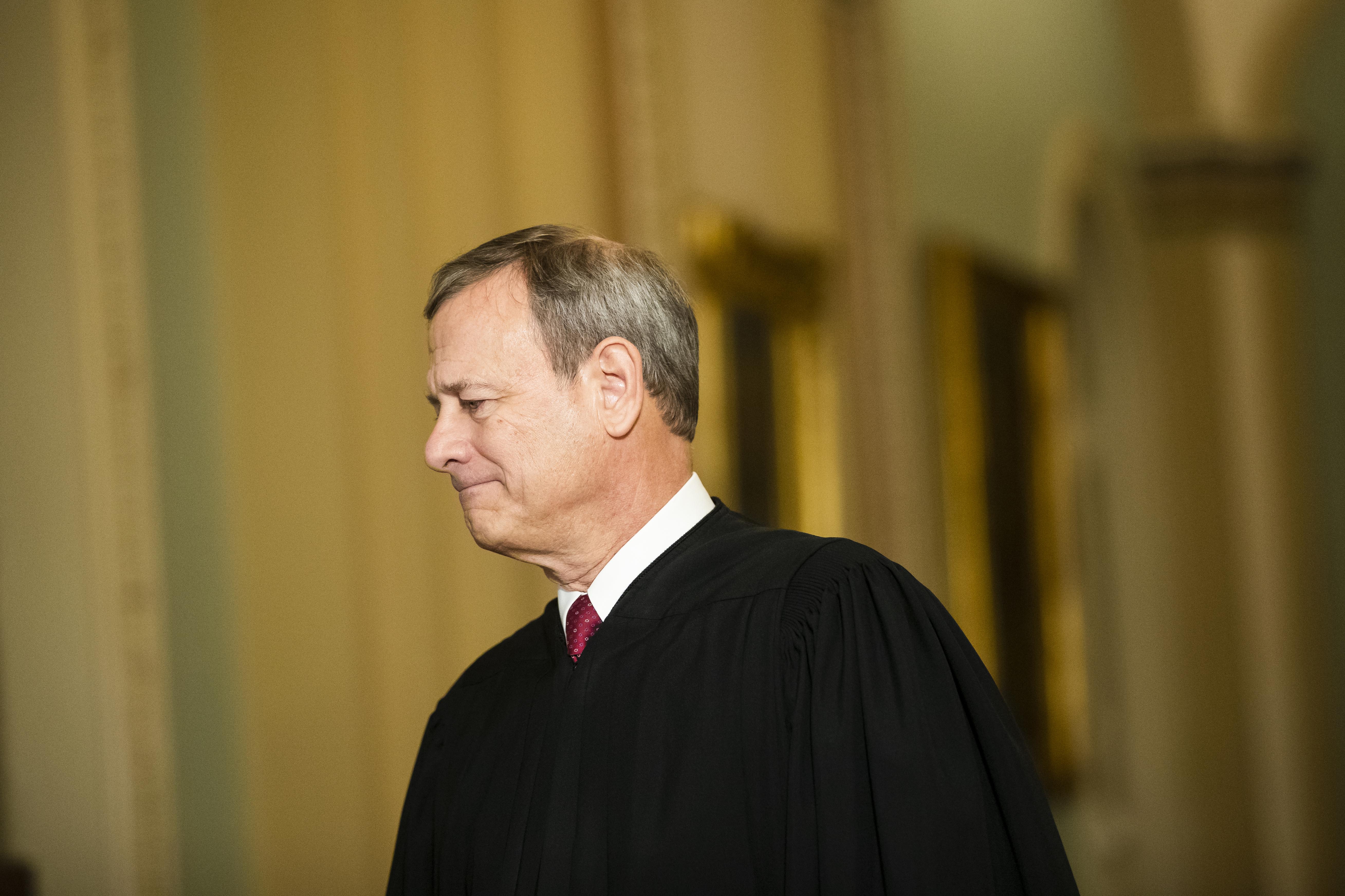
To be sure, these powers won’t affect the trial’s outcome, which Majority Leader Mitch McConnell has all but promised will be an acquittal. No matter what information the Senate hears, the chances of 20 Republican Senators voting to remove the President are vanishingly small. But the presiding officer’s power can still shape the story and the atmospherics of the trial. And in a trial whose ultimate significance is political, story and atmospherics are important to the president’s future.
Many people have been speculating about how Roberts will approach his role. Some common predictions are shaped by the idea that Roberts is an institutionalist, meaning that his overriding concern is to protect the status of his institution: the Supreme Court. According to one way of thinking, that concern might make him want to rule in ways that appear nonpartisan—maybe deliberately giving a few wins to the Democrats and a few to the Republicans—to reinforce the idea that justices aren’t tangled up in party politics.
On the other hand, the same concern for the Supreme Court’s status might lead him to avoid rulings that Republicans dislike: The impeachment rules allow a majority of Senators to override the presiding officer, so the Republican majority, if it votes as a bloc, could overrule Roberts on pretty much any point. And if Roberts issues orders and gets overridden, the Chief Justice (and his institution) might seem weak.
But there’s also another possibility—a simpler one, and one that Roberts’s most famous comments on the role of judges point to. At his confirmation hearings in 2005, Roberts analogized the justices to baseball umpires. They’re not supposed to have agendas, he told the Senate Judiciary Committee: they just call the balls and strikes.
Savvy legal thinkers have criticized this image ever since as naïve. Different justices have different ideologies that pull them in different directions in ways that baseball umpires do not, and everybody knows it. (Including Roberts, who was surely trying to push back against the too-simple idea that judges are mere partisans, rather than expressing a genuine belief that Supreme Court justices just call balls and strikes.) Indeed, Roberts’s own remarks to the Senate that day underscored how far justices are from umpires. As part of his argument that justices shouldn’t be understood as playing for anyone’s team, he noted that “Nobody ever went to a ball game to see the umpire.” True enough—but when people go to watch Supreme Court arguments, they’re going precisely to watch the justices, because people know those are the game’s real players.
So in his 14 years as Chief Justice, Roberts hasn’t really had the role of umpire—and he knows it. That said, Roberts’s comment about balls and strikes probably reflected an aspiration. To the extent that the Court can be perceived (rightly or wrongly) as acting with principled neutrality, its reputation as an arbiter floating above the political scrum is strengthened. And for judges who like to be perceived as doing nothing more than faithfully applying the law, the umpire analogy is always tempting. There’s something appealing about just getting to call balls and strikes.
Now for the first time, the impeachment trial is giving Roberts that chance. For once, Roberts will have a decision-making role in a forum where he himself is not a major player in the drama. The big players are people like McConnell and Schumer, Romney and Murkowski, Nadler and Schiff, Starr and Dershowitz, the witnesses (if any) who testify—and, offstage, the president. Roberts is there, at the center, and he needs to make decisions. But this time, he really is just the umpire. He’s not the one we’re tuning in to see, and the game’s most important decisions and actions belong to other people. And the rulings he makes, for once, can be made under an umpire’s decisionmaking conditions: all by himself, yes or no, and maybe in real time.
In that setting, maybe Roberts will simply be inclined to do the thing he said he’d always be doing but never really could: just call balls and strikes, without gaming things out in light of any larger agenda. Rather than worrying about how the perception of his rulings will shape someone’s view of the Supreme Court, he could just ask himself whether this witness or that evidence should reasonably be part of the trial. It’s his chance, for once, just to call them as he sees them, and let the game go where it will. Indeed, it’s a chance to do it on the cheap, because he knows that his rulings won’t affect the outcome. And just maybe his approaching the role like an umpire, rather than playing this or that angle on the trial, is also the best way to make the Court look the way he has always hoped it would.
Source: politico.com
See more here: news365.stream






